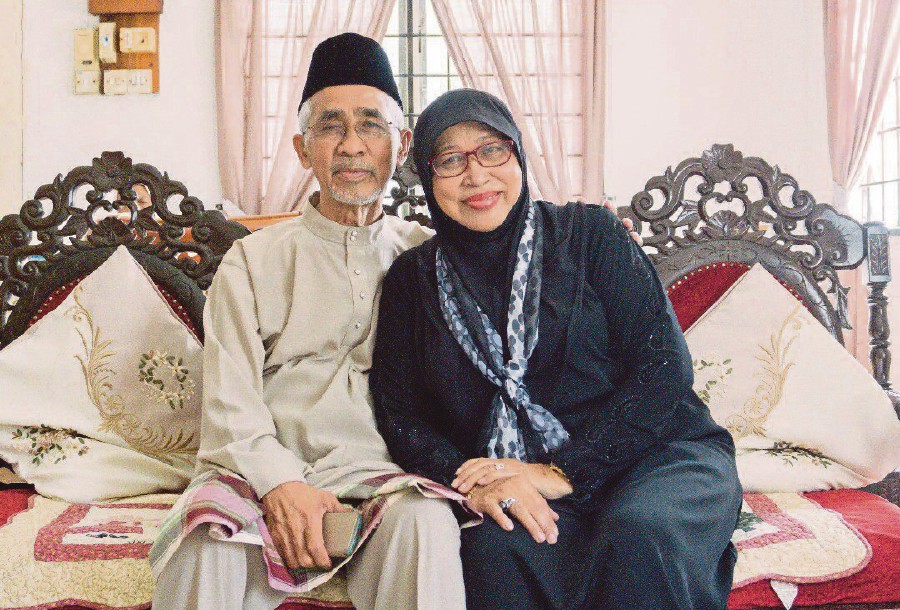WHILE working in Malaysia, I met Universiti Kebangsaan Malaysia (UKM) professor and literary critic Noriah Mohamed, whose life is an example of the happy and modern Asian woman.
Arriving near her house, I saw that the yard was filled with flowers, as the hostess told me before. Lush chrysanthemums, graceful orchids, delicate and aromatic jasmine and exuberant bougainvilleas. In the evening silence, the measured murmur of a brook and the sound of falling water, as it turned out later, were heard, created by an artificial waterfall.
Noriah, or Nong as her friends affectionately call her, invited me in. The courtyard was a kingdom of flowers and in the house were lots of books and souvenirs.
I contributed to Nong's collection by giving her matryoshka (nesting dolls). Nong opens one doll after another, surprised that they are all women. What is surprising is that she remembers that I have five daughters.
"My mum had eight children — four boys and four girls. Six graduated, although she always remained a housewife, and our father was a policeman," she said.
The conversation mostly revolved around her personal life, experiences and especially her marriage.
"I have always shown an interest in literature. I won prizes in writing competitions when I studied at a boarding school for girls in Melaka and then at the teacher's course (where I met my husband, Ghazali).
"For some time, I taught English at school. Only in 1971, at the age of 26, I entered UKM. Ghazali and I got married in 1968. We went to university together and started teaching together. In 1991, I defended my PhD thesis."
She said combining study and family life was tough. The couple could not live in a hostel as male and female students had to live in separate accommodations, which forced the couple to rent a room. In 1971, their first daughter, Norita, was born. But, Nong didn't miss a single month of study and Ghazali helped her.
"The main principle is mutual assistance. A wife is not a servant, but a friend. My husband always supported me, not only morally. He never shied away from housework. He played with the children and is a great cook. We never parted, even when he was doing his doctorate in Scotland in the mid-1980s," she said.
On what she saw in Ghazali, she simply said: "Fate. Marriages are made in heaven. Our life has not always been smooth, but our loyalty to each other and confidence that we will not betray one another helped us overcome all difficulties."
As I looked at the many certificates of honour and diplomas nearby, Nong said she also has a jubilee Pushkin medal. Alexander Pushkin is a Russian poet, playwright and novelist. It was presented to her in 1999 in Moscow at the opening ceremony of the XI European Colloquium on Malay-Indonesian Studies.
"I initiated the creation of the Centre for Malay-Indonesian Studies at Moscow State University and donated more than 300 books to its library. Almost every year, since 1994, I would go to Moscow and bring gifts to the centre — books, musical instruments, folk art items."
She said there was something attractive about Russia and Russians apart from the ability to endure difficulties with humour, warmth and a kind attitude towards others.
"Once, on a train to St Petersburg in a compartment with a Russian woman, we did not understand each other, but her offer to share food with me moved me to tears. The awesome feeling of kindness!"
Ghazali later came in. When I asked him what he liked about Nong, he answered that it was destiny. The couple treated me to dinner, showed me their library and souvenir collection and invited me to come again.
I left them with that great feeling that I had visited old and close friends.
The writer, writing from Russia, is a former lecturer of Universiti Malaya


